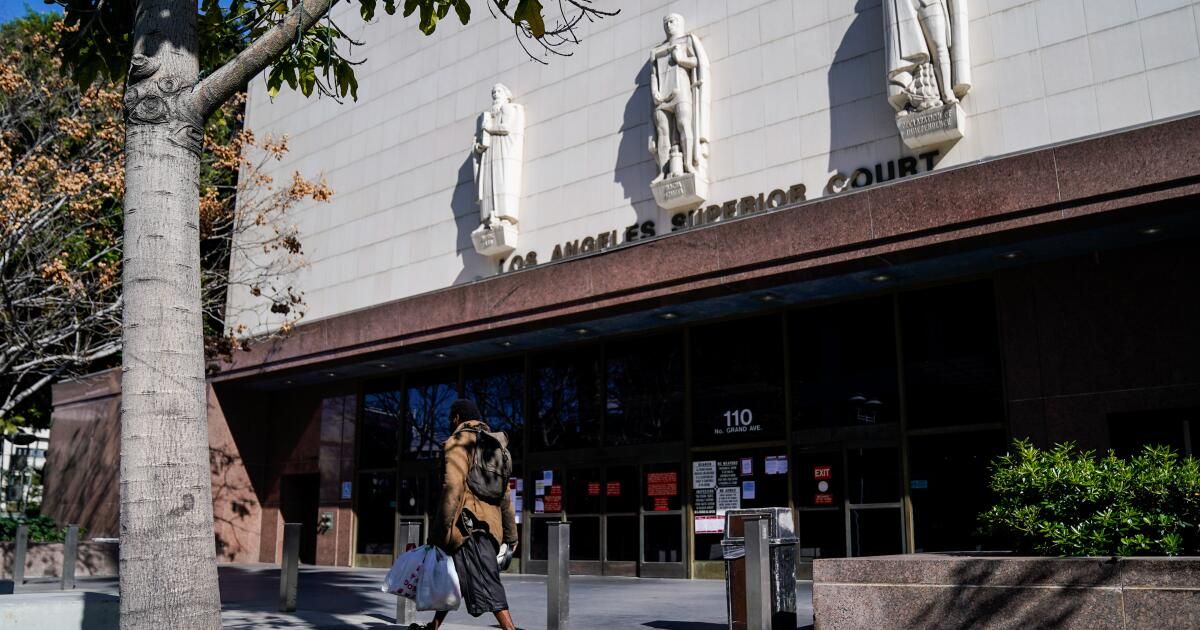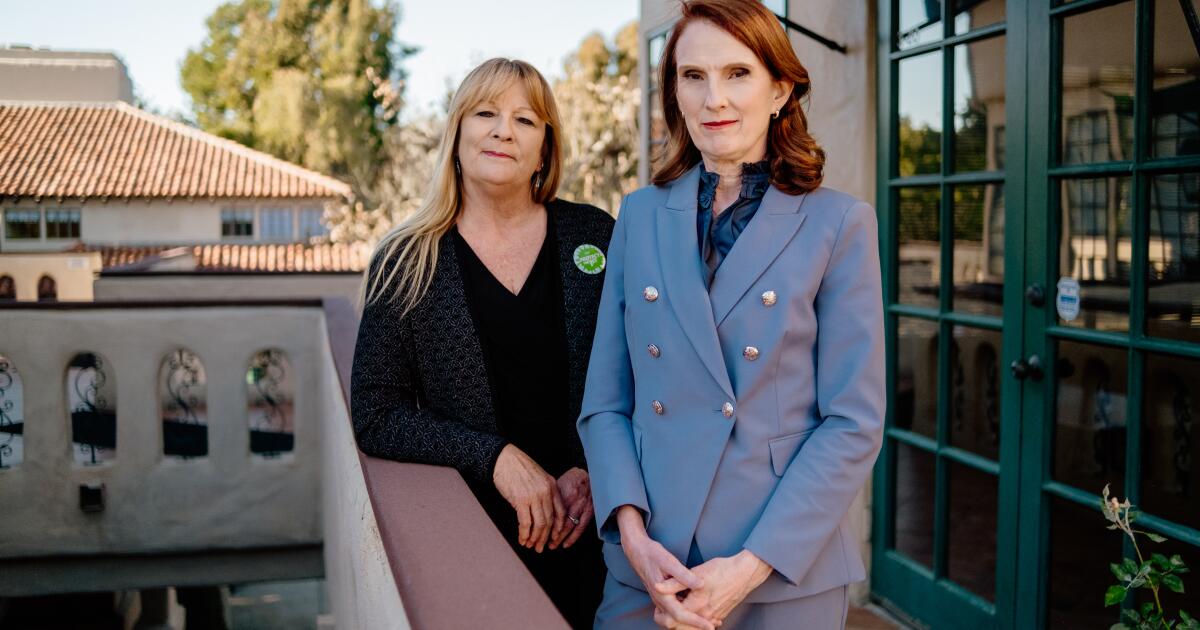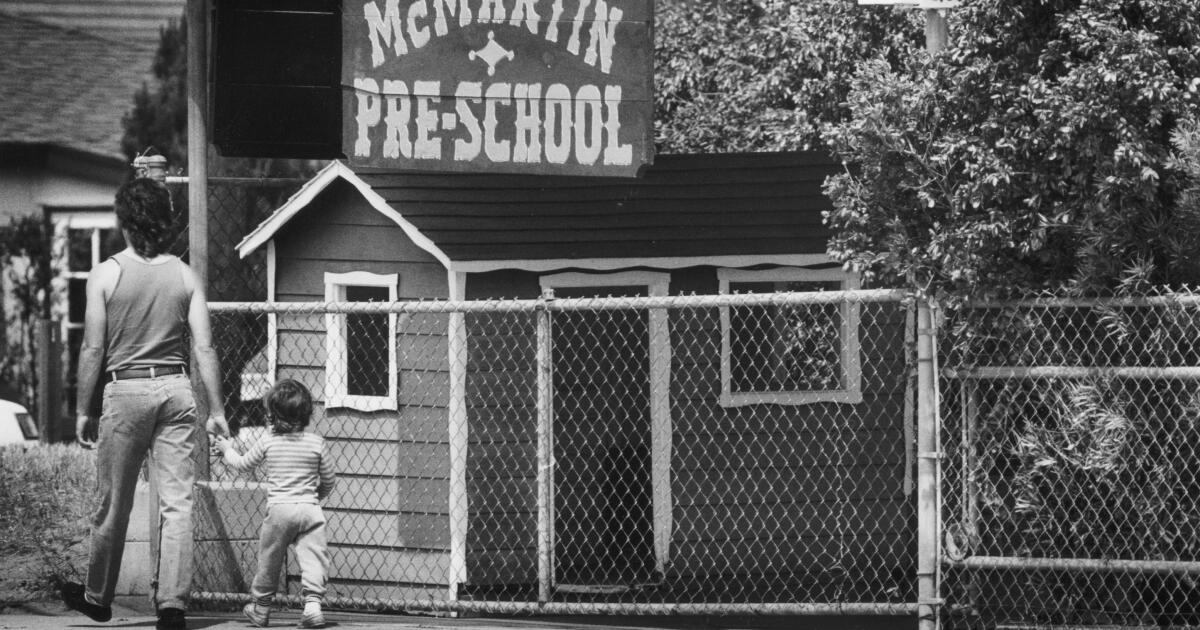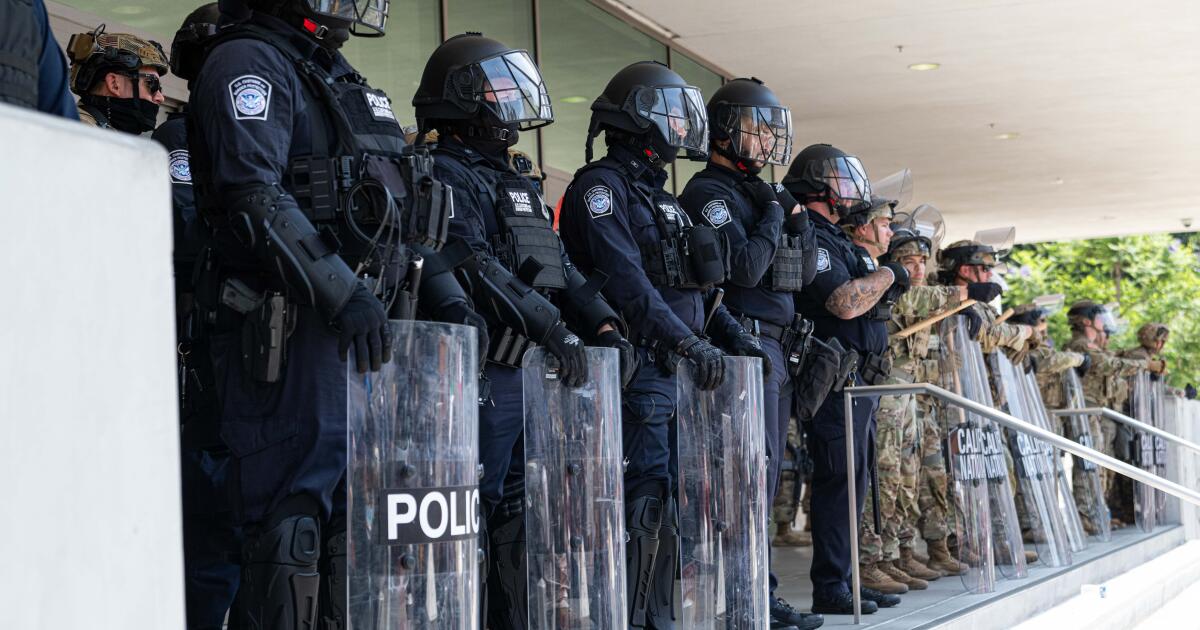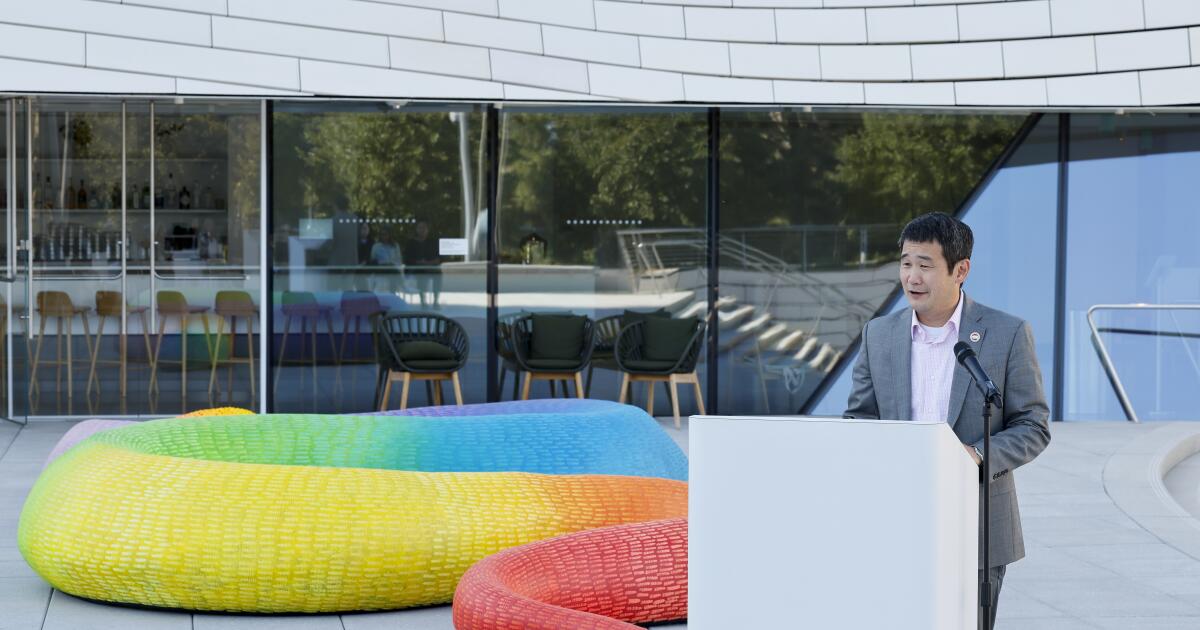To the editor: I applaud the Los Angeles County Superior Court's decision to allow electronic recording of certain hearings. This addresses an unconstitutional flaw in the California justice system that has long denied many people their right to appeal.
For years, a lack of court reporters has left hearings unrecorded, effectively preventing appeals for those who cannot afford private reporters. In the past 18 months, 525,000 people in Los Angeles had no record of their court proceedings. This has drastic consequences for domestic violence survivors seeking to challenge unsafe custody decisions or denied restraining orders.
LA continues to prioritize court reporters, but when they are unavailable, the choice between an electronic record or no record is clear. Allowing judges to press “record” when court reporters are unavailable is a win for fairness and accessibility.
Our courts must prioritize constitutional rights and ensure that everyone has a fair chance at justice, regardless of their ability to pay.
Erin Smith, Burlingame, California.
The author is co-founder and former executive director of the Family Violence Appeal Project.
..
To the editor: In 1973, I conducted a study for the state Judicial Council in 30 California municipal courts using tape recorders. The study demonstrated their effectiveness.
In 1975, when I was administrative director of the Kentucky courts, we replaced all court reporters with tape recorders and a few years later switched to videotaping all trials. The video system is more accurate, less expensive and faster than traditional court reporting systems.
It's time for California to catch up with this innovation.
William Davis, Carson City, Nevada.

